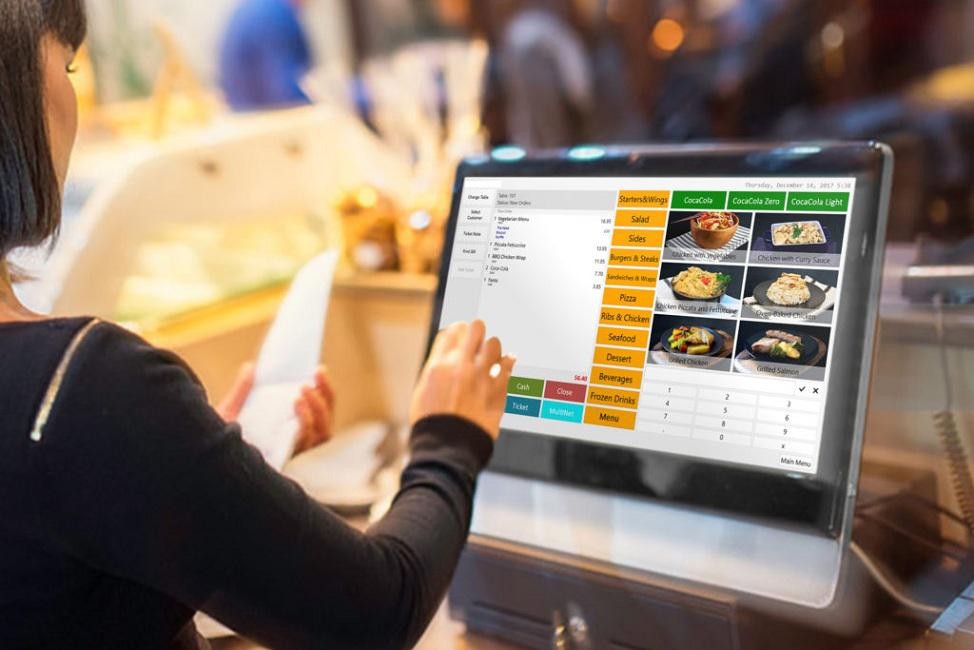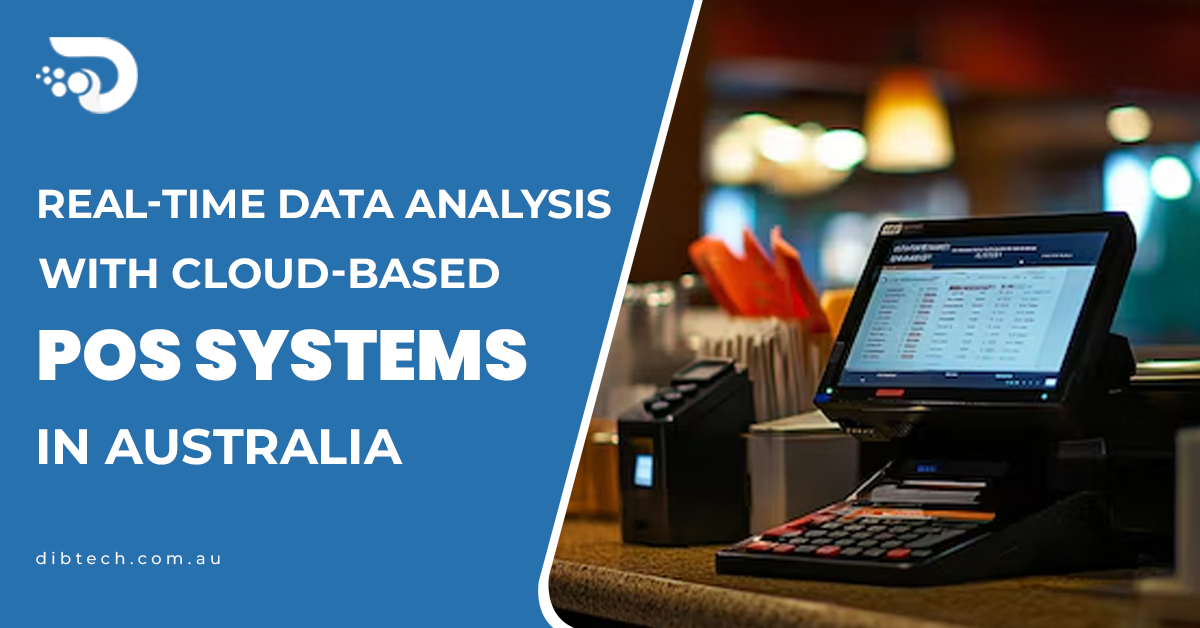How Top Brands Use POS Systems for Sustainability

In today’s environmentally conscious world, businesses are under increasing pressure to adopt sustainable practices. From reducing waste to enhancing energy efficiency, sustainability has become a core value for many top brands. A key driver behind these efforts is technology, particularly the use of advanced Point-of-Sale (POS) systems. These systems, once used primarily for transactions, are now integral tools for promoting eco-friendly operations. Here’s how some of the world’s top brands are leveraging POS systems to achieve their sustainability goals.
1. Enhancing Inventory Management
One of the most significant ways that POS systems contribute to sustainability is through optimized inventory management. By leveraging real-time data and analytics, companies can better align stock levels with customer demand, reducing overproduction and waste.
Case in Point: Starbucks
Starbucks uses a sophisticated POS system to monitor inventory levels across its global locations. The system helps the brand reduce food waste by providing precise insights into which items are selling and which are not. This allows Starbucks to adjust its stock levels and ensure that unsold products are not discarded unnecessarily.
Key Benefit:
Reduced waste not only minimizes environmental impact but also improves profitability, creating a win-win for businesses and the planet.
2. Enabling Paperless Operations
Paper waste is a significant environmental concern, and POS systems have revolutionized how receipts and documentation are handled. Many top brands are adopting digital receipt systems, significantly cutting down on paper usage.
Case in Point: Apple
Apple Stores worldwide have eliminated paper receipts, offering customers digital copies via email or their Apple ID accounts. This simple shift has saved thousands of tons of paper annually and has also enhanced customer convenience by providing an easily accessible receipt system.
Key Benefit:
Digital receipts not only reduce waste but also streamline record-keeping for both businesses and customers.
3. Facilitating Circular Economy Practices
POS systems play a pivotal role in supporting circular economy models, which aim to keep resources in use for as long as possible through reuse, refurbishment, and recycling.
Case in Point: Patagonia
Outdoor apparel brand Patagonia uses its POS system to manage its Worn Wear program, where customers can return used products for repair or resale. The system tracks the returned items, manages inventory for refurbished goods, and facilitates discounts for participants, encouraging sustainable shopping habits.
Key Benefit:
Circular economy initiatives help brands build loyalty while promoting sustainability and reducing waste.
4. Tracking and Reducing Carbon Footprints
Advanced POS systems allow brands to track and analyze the environmental impact of their operations. This includes monitoring energy consumption, waste generation, and resource use.
Case in Point: Walmart
Walmart integrates its POS system with sustainability metrics to monitor the environmental impact of its supply chain. The data collected helps the retail giant identify areas for improvement, such as reducing emissions from transportation and minimizing packaging waste.
Key Benefit:
Data-driven insights empower businesses to make informed decisions that align with their sustainability goals.
5. Promoting Sustainable Choices to Customers
Many POS systems enable businesses to educate and empower customers to make eco-friendly choices. Features such as product information displays and loyalty rewards for sustainable purchases encourage responsible consumer behavior.
Case in Point: Whole Foods Market
Whole Foods uses its POS systems to highlight products with eco-friendly certifications, such as organic, fair trade, or sustainably sourced. At checkout, customers are informed about their purchases’ environmental impact, creating awareness and fostering greener choices.
Key Benefit:
Educating customers through POS systems strengthens brand loyalty and encourages a collective commitment to sustainability.
6. Supporting Energy Efficiency
Modern POS systems are designed to be energy-efficient, consuming less power and contributing to a brand’s overall sustainability strategy.
Case in Point: IKEA
Furniture giant IKEA employs energy-efficient POS systems in its stores worldwide. Combined with its renewable energy initiatives, these systems help reduce the overall carbon footprint of IKEA’s operations.
Key Benefit:
Energy-efficient technologies not only reduce operational costs but also help businesses achieve their environmental targets.
7. Simplifying Reverse Logistics
Managing returns is an integral part of many businesses, and POS systems play a critical role in streamlining this process. They help brands manage returned items efficiently, ensuring that they can be reused, repaired, or recycled instead of being discarded.
Case in Point: Nike
Nike’s POS systems are integrated with its recycling program, Move to Zero, which encourages customers to return used sneakers for recycling. The system tracks returned items and supports their entry into Nike’s recycling streams, where they are transformed into new products.
Key Benefit:
Simplifying reverse logistics reduces waste and reinforces a brand’s commitment to sustainability.
8. Building Consumer Trust Through Transparency
Transparency is crucial in building trust with eco-conscious consumers. POS systems allow brands to share information about the sustainability of their products directly with customers.
Case in Point: Lush Cosmetics
Lush uses its POS system to share details about product sourcing, ingredients, and environmental impact at checkout. This transparency builds trust and strengthens Lush’s reputation as a sustainable brand.
Key Benefit:
Clear, accessible information about sustainability efforts fosters customer loyalty and trust.
Conclusion
Top brands are proving that sustainability and profitability are not mutually exclusive. By leveraging the capabilities of modern POS systems, these companies are optimizing operations, reducing waste, and promoting eco-friendly practices. Whether it’s through paperless transactions, efficient inventory management, or enabling circular economy practices, POS systems are a critical tool in achieving sustainability goals.
As technology continues to evolve, POS systems will play an even greater role in shaping a sustainable future for businesses and their customers alike. For brands looking to stay ahead, integrating sustainability into their POS strategy is not just a trend—it’s a necessity.
Visit our site at www.dibtech.com.au
Visit our YouTube channel for tutorials Dibtech






